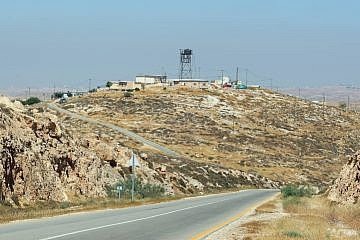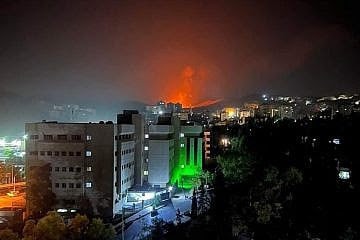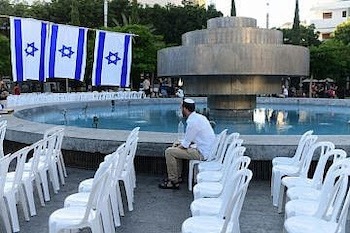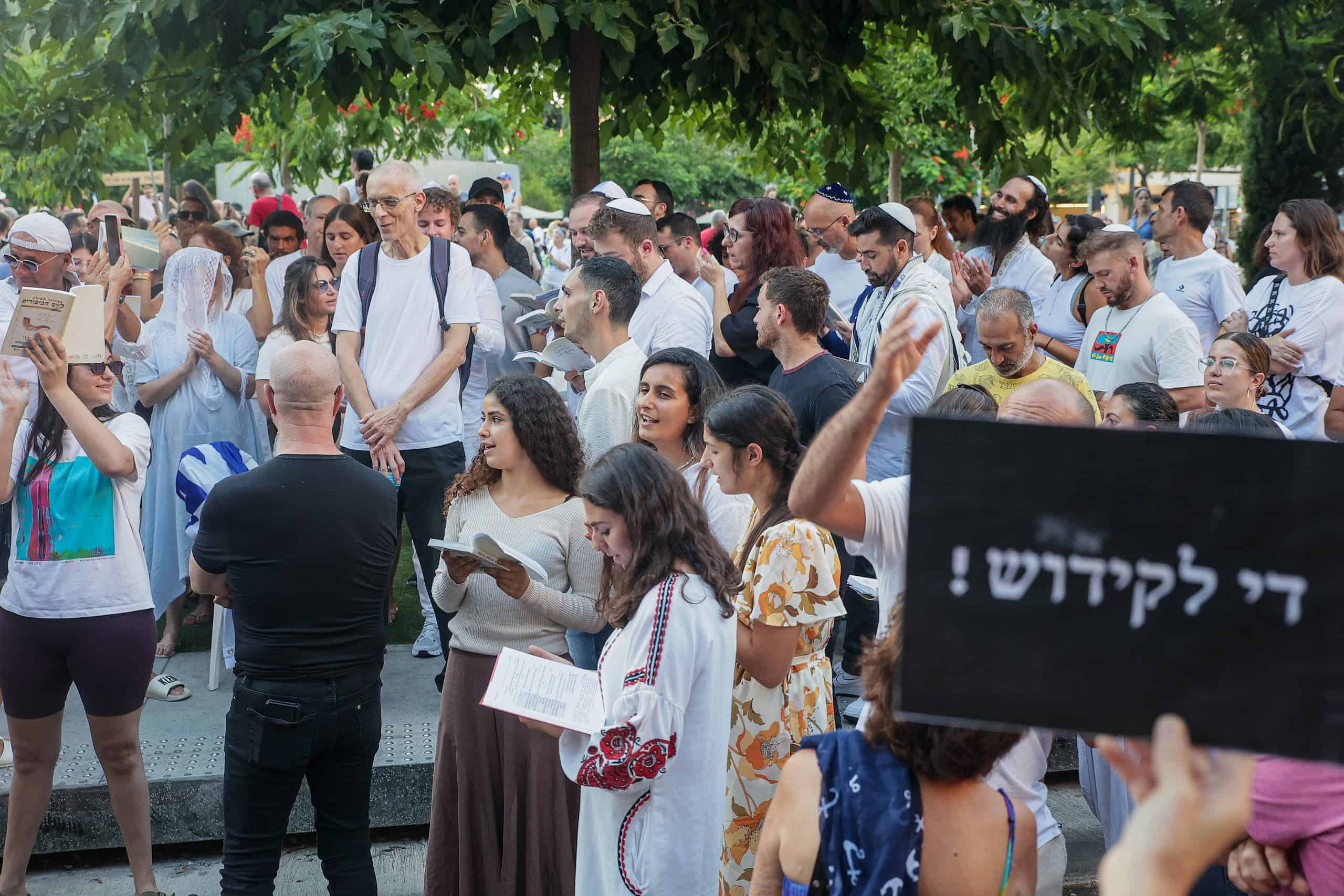Its 63 students are encouraged to enroll at the Rodeph Sholom School.
(JNS)
JTA reported that the Schechter Manhattan Jewish day school on Manhattan’s Upper West Side announced its imminent closing on Tuesday night during a video meeting, followed by a related email sent to parents.
Its leadership has framed the shutdown as a merger. The email said it would be “joining forces with Rodeph Sholom School as of July 1, 2024, thereby ceasing operations as an independent entity on June 30, 2024.”
Schechter Manhattan has encouraged its 63 students to enroll at the nearby Reform school.
The email encouraged greater collaboration between Jewish groups—that “boundaries between Conservative, Reform, non-denominational and interfaith communities no longer serve our shared desire to provide a vibrant, sustainable and high-quality Jewish education to the next generation of Jewish leaders and lay public.”
With Schechter’s closing, only one Conservative school remains in New York City’s five boroughs: the Solomon Schechter School of Queens.
Image: New York’s Upper West Side. Credit: Wikipedia.














